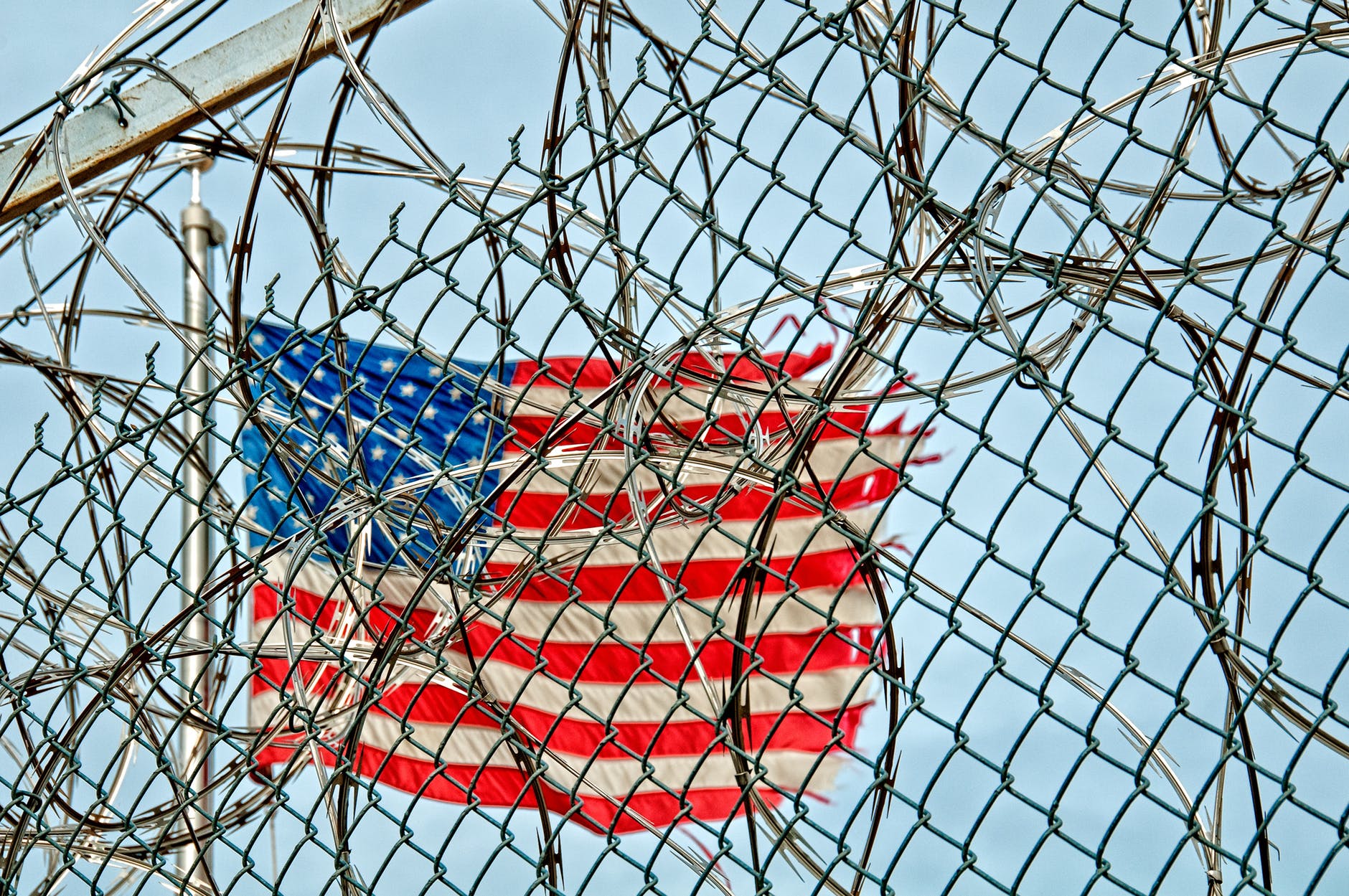On Monday, the Supreme Court announced it won’t interfere in a South Dakota jury’s decision to execute Charles Rhines. Rhines, convicted of murder, is homosexual—a fact his peers purportedly took to mean he’d enjoy life behind bars.
During deliberations leading up to Rhines’ verdict, jurors discussed the killer’s sexuality. The man’s preference for other men prompted “a lot of disgust,” recalled one participant, whose interview is recorded in the court petition.
Another juror said the entire panel knew Rhines was gay and “thought that he shouldn’t be able to spend his life with men in prison.”
And a third, reports the New York Times, overheard a peer opining that death was the only option.
“If he’s gay, we’d been sending him where he wants to go,” the juror claims to have been told.
The Supreme Court rejected Rhines’ bias claim, letting the death sentence stand. The court didn’t give any reason for its rejection, despite evidence indicating that Rhines may be executed because the jury thought life in prison might be fun for a gay man.

Attorneys for South Dakota say the remarks were a “stab at humor” that missed their mark. But, writes the Times, a note delivered by the jurors to the sentencing judge begs further inquiry.
“We know what the death penalty means,” they wrote. “But we have no clue as to the reality of life without parole.”
That sentence wasn’t a standalone and it isn’t open to interpretation—jurors followed it with a written series of questions, many of which referenced Rhines’ sexual orientation.
Panelists asked whether Rhines would “be allowed to mix with the general inmate population” and if he’d permitted “to discuss, describe or brag about his crime to other inmates.”
They also wanted to know how close Rhines could come to other men: would he “have a cellmate?”
Juror deliberates, says the New York Times, are typically “considered sacrosanct.” But last year, the Supreme Court ruled on exceptions in cases of racial discrimination. A man, on trial for sexual harassment and unwanted contact, was convicted because “he’s Mexican, and Mexican men take whatever they want.”
Jury-room revelations spurred the high court to action, so it’s surprising that Rhines’ plea met with unexplained rejection.
Chase Strangio, staff attorney with the LGBT Project of the American Civil Liberties Union, poses one possibility: there’s “nothing akin” to “racism in the United States in the criminal legal system” when it comes to gays. As South Dakota argued in its appeals, nobody’s ever proposed “constructing a wall to keep homosexuals out of the country.”
Strangio said it’s peculiar that jurors seemed so intrigued by Rhines’ sexuality, since his crime had little to do with orientation—the man was convicted of killing a coworker who’d interrupted his attempt to burgle a former employer.
“If this was a heterosexual defendant in a robbery-murder, would there be any mention of this?” asked Strangio. “No.”
Sources
A Jury May Have Sentenced a Man to Death Because He’s Gay. And the Justices Don’t Care.
His crime was horrendous, but so was the reason jurors sentenced him to death. He’s gay.
Was a Gay Man from South Dakota Sentenced to Death for Fear He Would ‘Enjoy’ Prison?


Join the conversation!